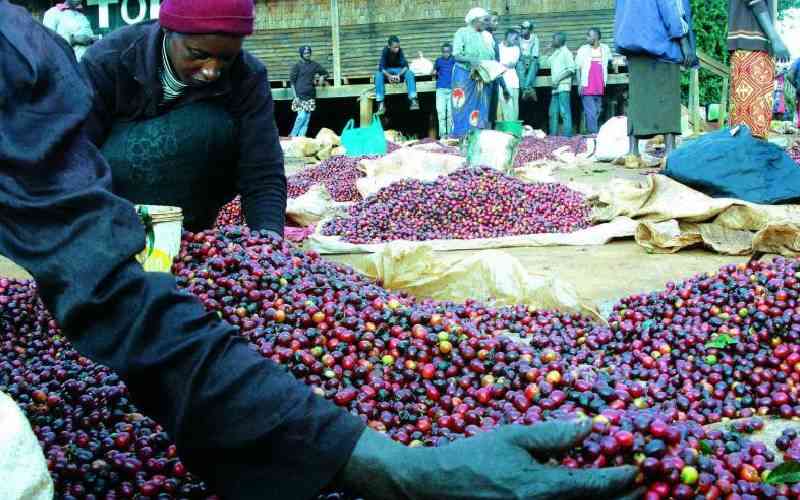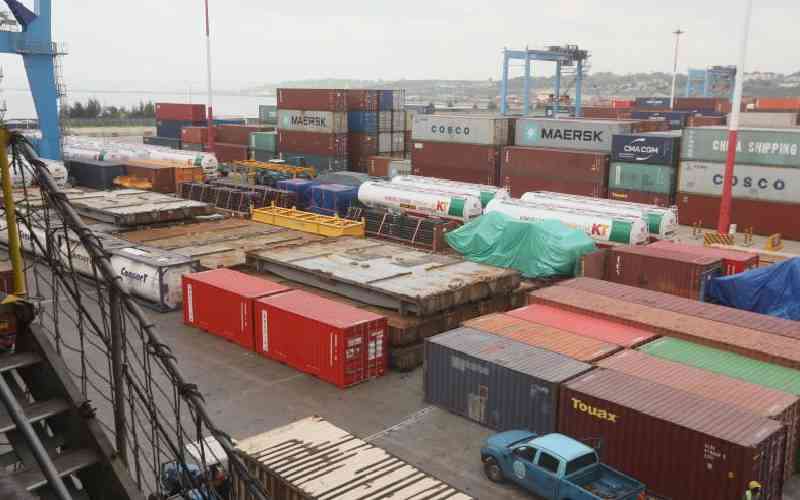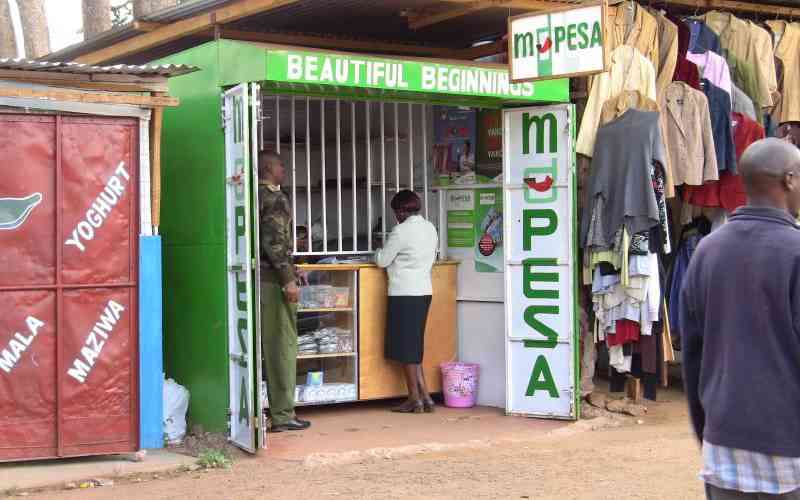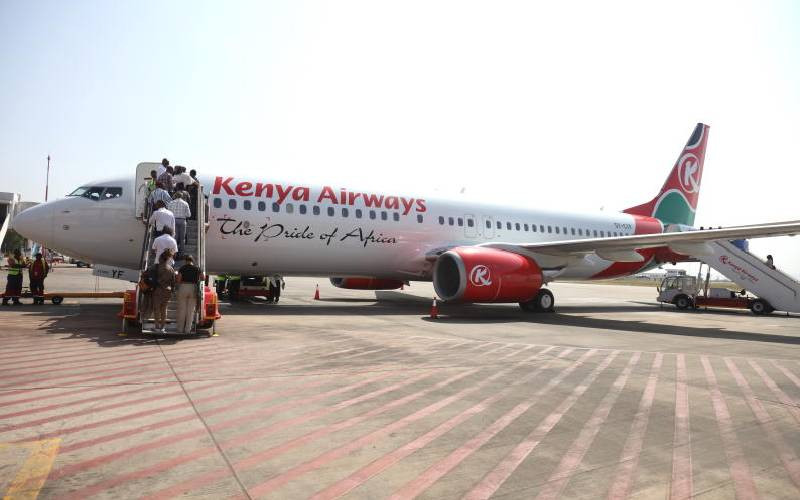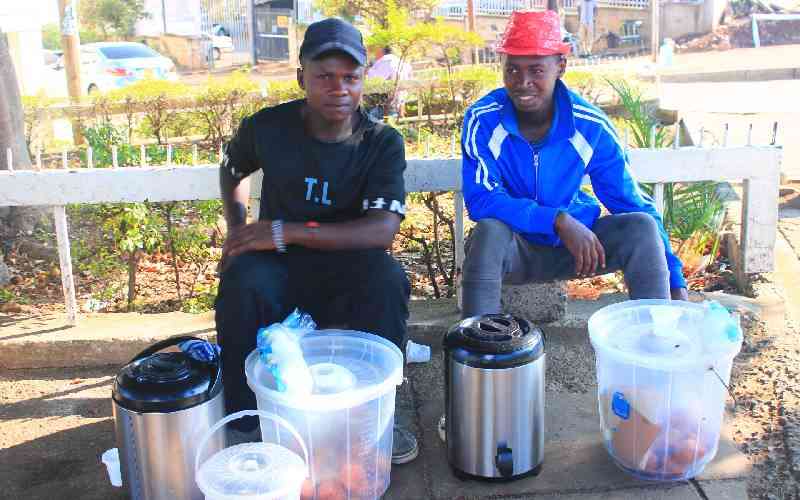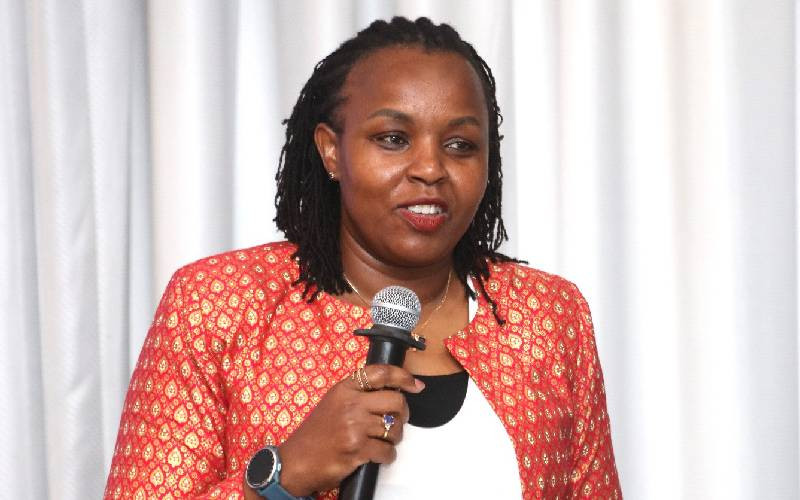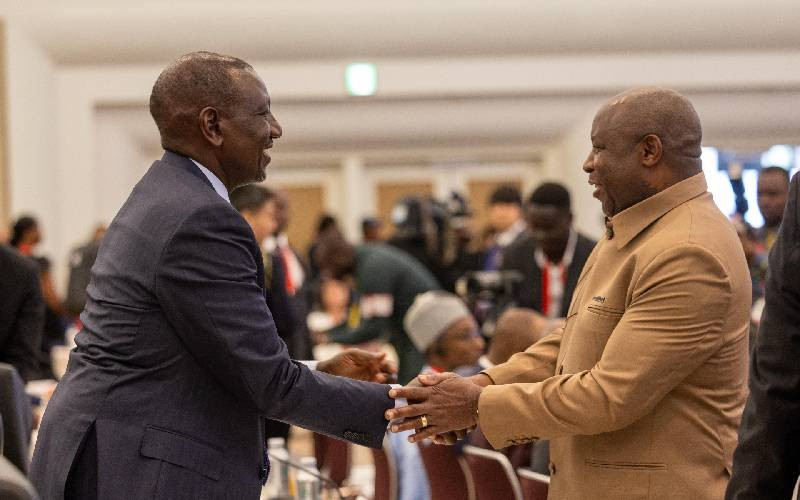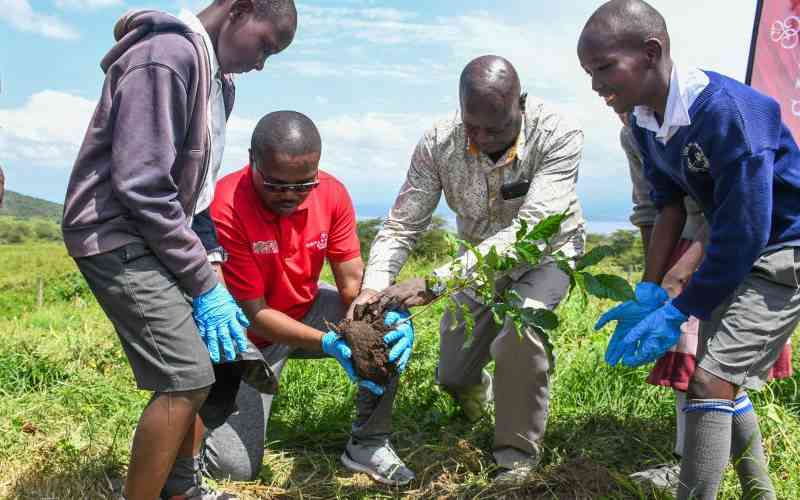
Three storytellers and technology experts have collaborated to utilise video games and virtual reality in raising awareness about conservation efforts in Africa. Games such as Terra Nil, Beyond Blue, Ustwo games, TreesPlease Games, PlanetPlay, E-Line Media & Gibbon: Beyond the Trees leverage technology to engage a huge demographic in conservation and biodiversity care, meeting them where they are in the games they play across different platforms.
“The key focus is on narrative so that the stories of Africa are increasingly told by and from the perspectives of Africa’s people,” stated Noel Kok of Nature, Environment and Wildlife Filmmakers (NEWF) which in partnership with the National Geographic Society have collaborated to develop Africa Refocused programme.
Gautam Shah, a former National Geographic Explorer Fellow and now founder and Executive Director of Internet of Elephants, has lived in Nanyuki, Kenya, for over 14 years. He says the primary goal of Internet of Elephants is to share wildlife and conservation stories with the world through video games and other digital interactive approaches.
“The mission is how to engage the next generation of people. But how do we activate and engage them while meeting them where they are?” stated Shah.
Shah emphasised that his company is geared towards planetary goals and wildlife biodiversity, and they indeed zeroed in on these channels and mediums, as this is where people are.
“The question then remained, why, then, aren’t we leveraging it more for the benefit of the planet? So, the Internet of Elephants exists to utilise technology to promote conservation and biodiversity.”
Shah said that the very old-school top-down solutions to conservation are not necessarily very successful. and yet saving the planet is an urgent matter, and that’s why exploring all avenues to reach more people is crucial, and the younger generation is key to addressing the conservation and biodiversity issues. “From generation to generation, games are a constant thing, hence leveraging games, both online and physical ones, can be an interesting way to learn, raise awareness and offer solutions”, said Shah.
Embracing new channels and mediums widens the tent to include more demographics in the fight toward conservation and biodiversity issues. “Incorporating technology and gaming into conservation efforts is an entirely untapped market and, in my perspective, that is why we got so involved and kind of invested everything into that idea,” stated Shah.
According to NEWF’s Executive Director Pragna Parsotam-Kok, Africa Refocused is changing the storyteller, and those who gets to tell the African story should to be African.
With Shah’s skills and advancements in game development, they aim to bring a fresh perspective to conservation and the protection of the planet. “We support the funding of films through grants to enable filmmakers to produce films that they can share with global audiences and local audiences while supporting untapped avenues,” he said.
Shah elaborated that data is an essential component in creating games, and the Internet for Elephants heavily leverages on datasets such as GPS tracking, caller data, bioacoustic data, camera trap data, and data from webcams. Additionally, data is collected from people being out in the field and making observations.
Noel further added that observational data is one of the things they are particularly passionate about, which is one of those data types that are often overlooked or not given the priority they require, namely, traditional knowledge data. Our ancestors have held these traditions for centuries and passed them down orally to us all across Africa.
“In the upcoming training lab for African storytellers, we are excited and want to try to drive every opportunity possible during this lab training to incorporate indigenous knowledge systems and data from that, because it just makes it so much more connected to us as Africans,” stated Noel.
Data ownership
In addressing the topic of policies and regulations, Shah expressed, “It’s important to acknowledge that policies and regulations can vary widely from one country to another. Data ownership can belong to universities, government entities, or even individual PhD students, which adds to this complexity. However, there is a commendable movement underway to work toward greater standardisation in these areas.”
Stay informed. Subscribe to our newsletter
There is a vast movement in Africa to make data open and available to everyone. However, as of now, Shah, Noel, and Pragna’s endeavour operates within the parameters of the available data’s laws and policies for individual, organisational, research, country, and regional levels.
“We also utilise collaboration with individual researchers, organisations, governments, or even multinational entities,”Shah said.
